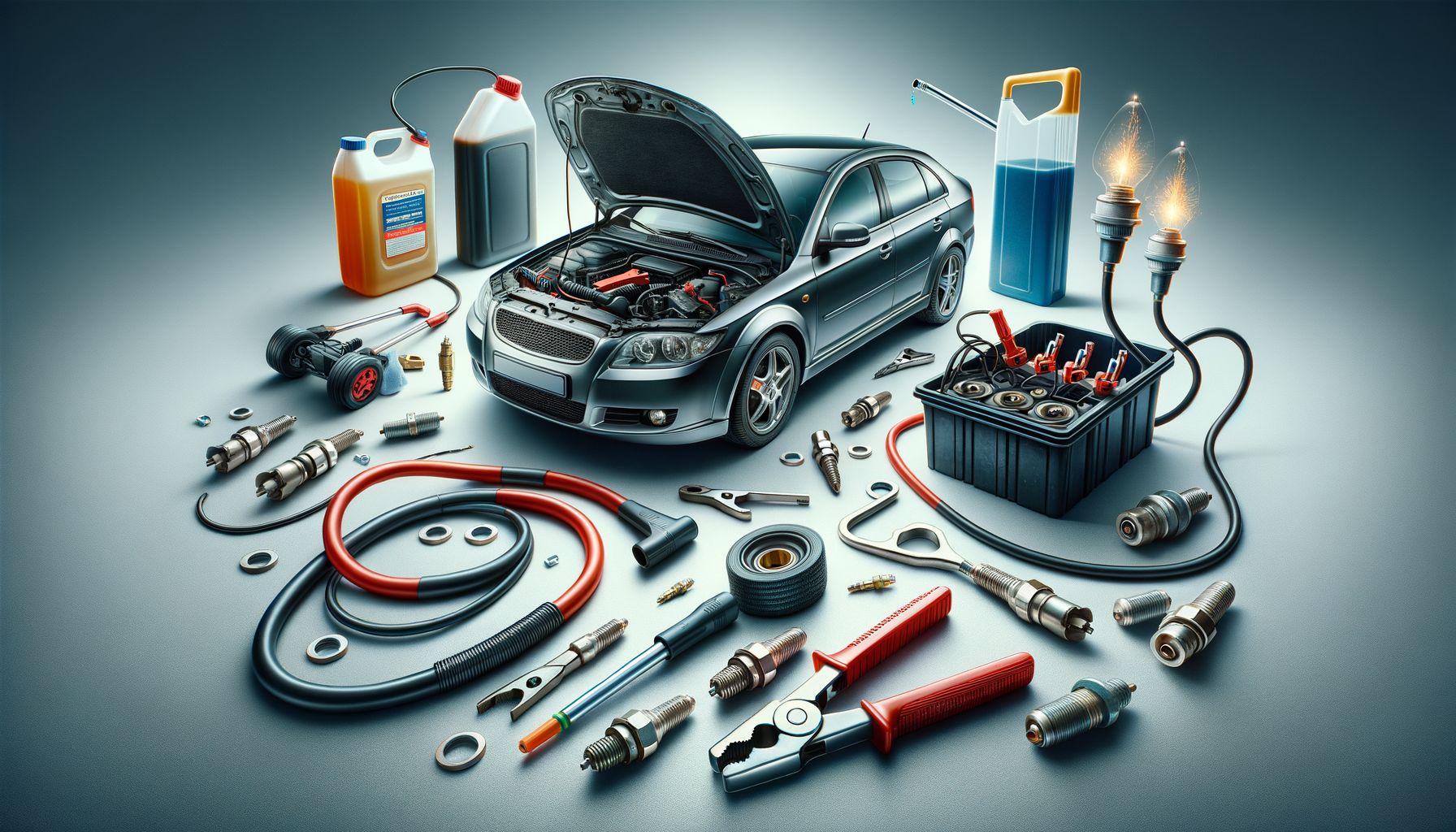
Car Won’t Start? Check These 3 Things Before Calling a Mechanic.
Introduction to Car Repair
Understanding the basics of car repair can save time and money, and prevent unnecessary stress. Cars are complex machines, and when they fail to start, it can be a frustrating experience. However, before you rush to call a mechanic, there are a few things you can check yourself. By gaining some basic knowledge about car repair, you can often identify and solve minor issues on your own, ensuring that your vehicle remains reliable and safe.
In this article, we’ll explore three common reasons why a car might not start and provide guidance on how to address these issues. Taking the time to familiarize yourself with these basics can empower you to handle small problems and make informed decisions when professional help is needed.
Check the Battery
One of the most common reasons a car won’t start is a dead or weak battery. The battery is the heart of your vehicle’s electrical system, providing the necessary power to start the engine. If your car is not responding when you turn the key, the battery should be your first point of inspection.
Begin by checking the battery terminals for corrosion, which can impede the flow of electricity. Corrosion appears as a white, powdery substance on the terminals. If present, it can often be cleaned with a mixture of baking soda and water, along with a wire brush. Ensure the battery cables are tightly connected, as loose connections can also prevent the car from starting.
If the battery is older than three years, it might be time for a replacement. You can test the battery’s charge with a multimeter. A fully charged battery should read around 12.6 volts. If the voltage is significantly lower, consider jump-starting the car or replacing the battery.
Inspect the Fuel System
The fuel system is another crucial component that can cause starting issues. If your car cranks but does not start, it might not be getting enough fuel. Start by ensuring that there is enough fuel in the tank. It sounds simple, but sometimes the fuel gauge can be misleading.
Next, listen for the fuel pump’s humming sound when you turn the key to the „on“ position. If you don’t hear it, there might be an issue with the fuel pump or its relay. A faulty fuel pump can prevent fuel from reaching the engine, causing it not to start.
Clogged fuel filters can also restrict fuel flow. Over time, dirt and debris can accumulate in the filter, reducing fuel efficiency and causing starting problems. Regular maintenance, including fuel filter replacement, can prevent these issues.
Examine the Ignition System
If your car’s battery and fuel system are in good condition, the next area to check is the ignition system. The ignition system includes components like spark plugs, ignition coils, and the ignition switch, all of which play a role in starting the engine.
Worn or faulty spark plugs can prevent the engine from firing. Inspect the spark plugs for signs of wear, such as carbon buildup or damage. Replacing old spark plugs can improve your car’s performance and fuel efficiency.
The ignition coils, which transform the battery’s voltage into a spark, can also fail over time. If the coils are faulty, the engine may not start or run efficiently. Testing the ignition coils with a multimeter can help diagnose the problem.
Lastly, check the ignition switch. If turning the key does not produce any response, the switch may be defective. Replacing a faulty ignition switch can resolve starting issues.
Conclusion: Empower Yourself with Knowledge
By understanding the basics of car repair, you can save time and money while avoiding unnecessary stress. Checking the battery, fuel system, and ignition system are simple steps that can often resolve starting issues. While some problems may require professional assistance, having this foundational knowledge allows you to make informed decisions and communicate effectively with mechanics.
Empowering yourself with car repair knowledge not only enhances your confidence on the road but also ensures that you maintain a reliable and safe vehicle. Remember, regular maintenance and timely inspections can prevent many starting issues from occurring in the first place.